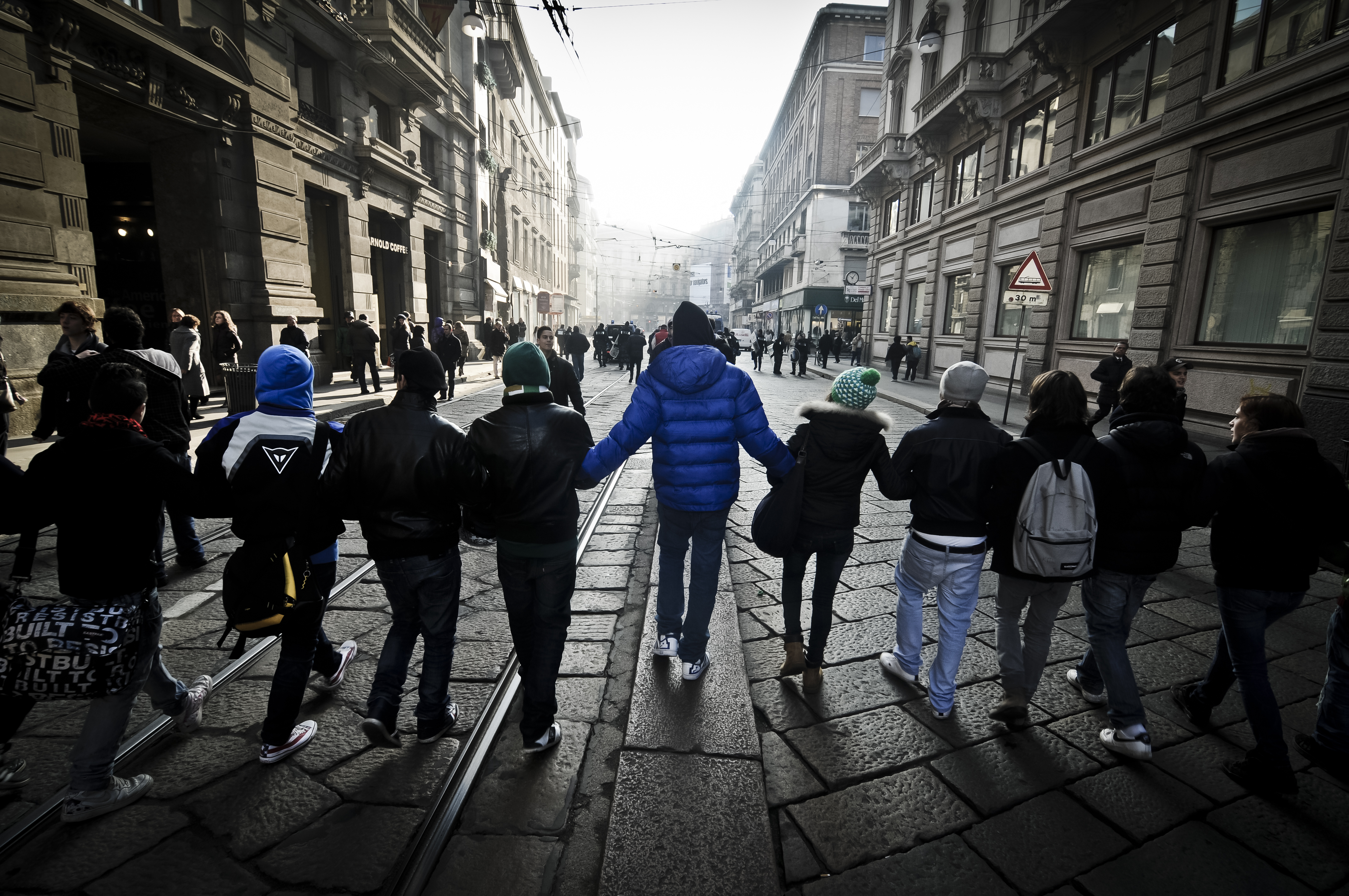New NSCR pillar: research into victims and victimization

What exactly is victimology?
'Victimology is the research into victims and victimization. For example, with victims of a crime we investigate: what did you experience? What feelings do you have? What should be done for you? How do police and criminal law treat you? What do you expect from a criminal trial? How does the victim fit into the criminal trial? What is the reaction of society? Crime means damage to real people. That is why scientific research on these people - the victims - is important. Organizations such as the Victim Support Fund (Fonds Slachtofferhulp) base their policy on research into victims.'
What does that scientific research look like?
'You can approach victimization from different angles: psychological, medical and even genetic. A serious experience - in addition to post-traumatic stress - leaves a minute change in your DNA. But we also look at victims and their life-course, for example. Are there any socioeconomic differences from a comparable group of people who have not fallen victim?'
What is narrative victimology, your specialization?
'Victimization confuses the way people experience themselves. A traumatic event disturbs your life and therefore the story of your life. One of the reasons that victims want to share their experiences with each other is that they can build a new story together. I call it re-storying.'
What else do victims need?
'Victims want to be well informed and - obviously - treated with respect. This shows how complicated the daily practice of, for example, a criminal trial is: the victim talks about experiences and feelings, the police talk about bare facts and the press is always looking for a clear frame to tell a story. These things do not always go well together. Over the next five years, I want to get a complete picture of how victims experience criminal law, both empirically and normatively. Alternatives to the traditional criminal trials play a major role in this, such as mediation between victims and perpetrators, and other forms of restorative justice.'
How do we see victims and victimization as a society?
'People hate seeing injustice. We have a so called "belief in the righteous world". Injustice gives us a feeling of unease. At first we want to do something for a victim, but if this doesn't work or does not work well enough, we distance ourselves. Sometimes we even blame the victim. In addition, we look for an intention or statement, which is often not there at all. Moreover, always looking for a cause means that you are not looking for a solution. You can see this very well in victims of international crimes such as war crimes and genocide: the criminal process lingers in the search for the main culprits. We pay too much attention to the blame game and meanwhile we do not give assistance to the victims themselves.'
What are the main topics of the investigation into victims for you?
'I want to increase knowledge about victimization in the Netherlands and Belgium and make it a permanent part of the Criminology and Law courses. I also think we should focus on new forms of victimization, such as cybercrime victims or environmental victims as a result of climate change. Finally, I am committed to more international cooperation, because there are still gains to be made in a number of European countries. Cultural differences are clearly reflected in the position of victims. For example, the treatment of victims of domestic and sexual violence is strongly linked to social gender norms. In addition to providing a scientific basis, good victim support also has an organizational component. If that organization is less strong, the victim support often doesn't work very well.'
Further reading
Pemberton, A. (2015). Victimology with a hammer: the challenge of victimology. Inaugural Lecture Tilburg University. Tilburg: Prismaprint.
Pemberton, A., Mulder, E. & Aarten P.G.M. (2019). Stories of injustice Towards a narrative victimology. European Journal of Criminology, 16(4): 391-412.
Pemberton, A. (2019). Time for a rethink: victims and restorative justice: Annual Lecture in Restorative Justice. International Journal of Restorative Justice, 2(1): 13-33.
Victimology is part of the NSCR research pillar What are the consequences for victims and society?
Actuele berichten

